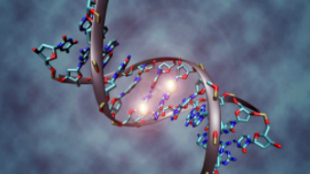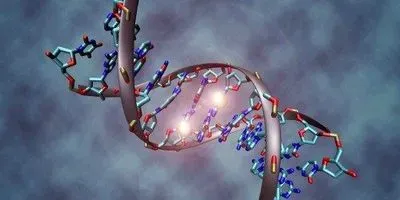 WIKIMEDIA, CHRISTOPH BOCKFive psychiatric disorders, whose diagnoses are based on symptoms rather than biology, share a considerable number of genetic risk factors, researchers reported in Nature Genetics last week (August 11). Schizophrenia, bipolar disorder, and major depressive disorder have the greatest commonality among one another, while depression and attention-deficit/hyperactivity disorder (ADHD) share some genetic underpinnings, as do autism spectrum disorders (ASD) and schizophrenia. “Our results will likely contribute to the efforts now under way to base psychiatric nosology on a firmer empirical footing,” the researchers wrote in their report.
WIKIMEDIA, CHRISTOPH BOCKFive psychiatric disorders, whose diagnoses are based on symptoms rather than biology, share a considerable number of genetic risk factors, researchers reported in Nature Genetics last week (August 11). Schizophrenia, bipolar disorder, and major depressive disorder have the greatest commonality among one another, while depression and attention-deficit/hyperactivity disorder (ADHD) share some genetic underpinnings, as do autism spectrum disorders (ASD) and schizophrenia. “Our results will likely contribute to the efforts now under way to base psychiatric nosology on a firmer empirical footing,” the researchers wrote in their report.
A massive international group of researchers, led by Kenneth Kendler at Virginia Commonwealth University and Naomi Wray at the University of Queensland in Australia, looked across thousands of single nucleotide polymorphisms (SNPs) among people with mental disorders. They found that genetic variants explained 17 percent to 28 percent of the risk for the illnesses. The overlap for this heritability was the highest between schizophrenia and bipolar disorder—15 percent. Together, these disorders shared 9 percent to 10 percent of the variants with depression, while schizophrenia and autism shared 3 percent.
The team found no relationships between ADHD and schizophrenia, bipolar disorder, or autism, nor between autism and bipolar disorder. In a press release, Wray said that she expects the genetic overlap among the conditions is actually ...














